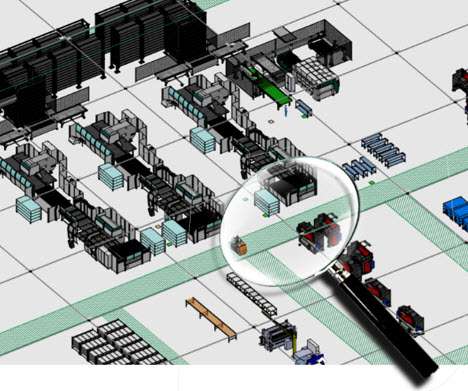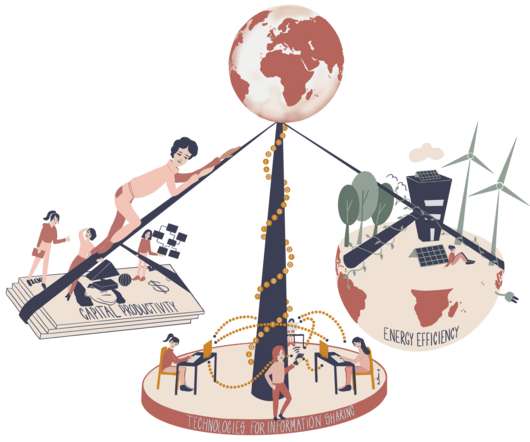Trane Technologies’ Digital Simulation Journey
DELMIA Quintiq
DECEMBER 9, 2020
Trane Technologies is addressing climate change by improving the way the world heats and cools indoor environments, as well as how refrigerated cargo is transported. Trane Technologies embraces a business strategy called “The Gigaton Challenge,” which is the commitment to reduce the customer carbon footprint by one gigaton of CO 2 e by 2030.





















Let's personalize your content